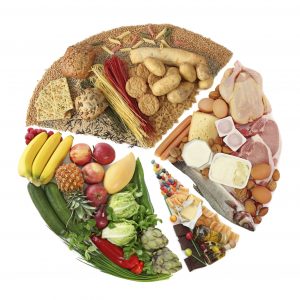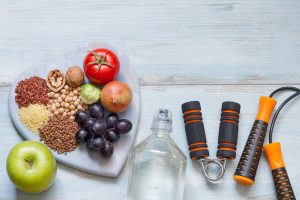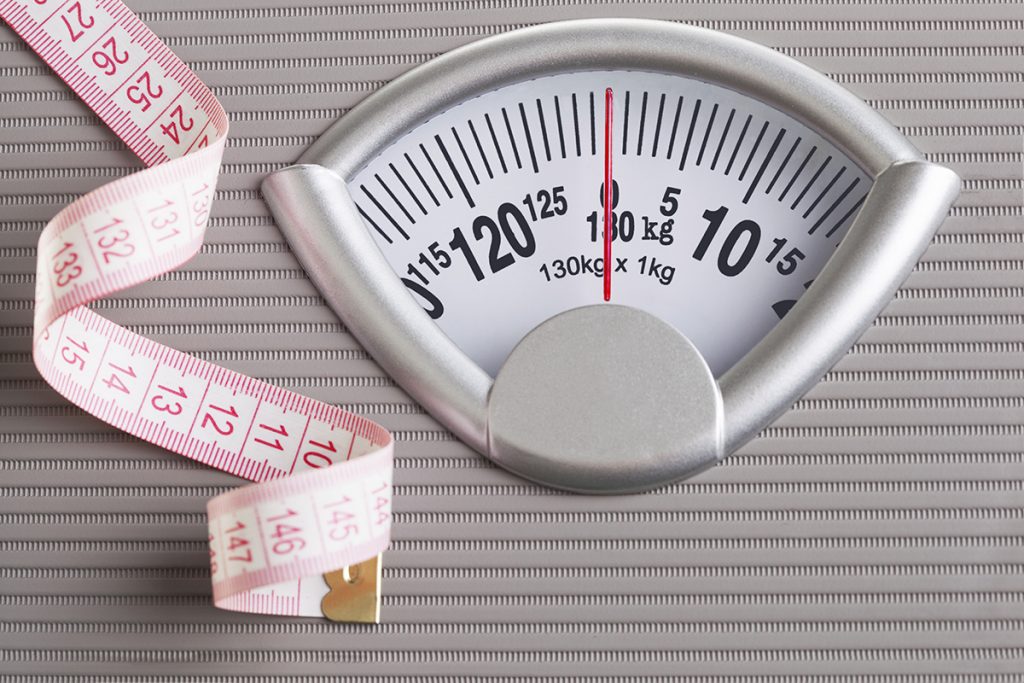 |
Kent Sport health and fitness instructor Sarah Black shares her views and speaks openly about the weight loss struggle most will face at some point in their lives. |
| Every individual I have encountered who exercises or thinks of exercising has always had some form of weight target in mind. Sometimes puzzlement provokes queries, as to why exercising often has not shed the pounds. The majority of people have weight gain, loss or maintenance as their priority in health and fitness.
In order to lose weight, people think you need to exercise consecutively and adhere to cardio. To gain weight you should choose types of exercise more along weight lifting specifics. Yes? The following article may shock, but I am going to explain some facts and information regarding exercise and weight.
Are you ready for the shocking truth?
Exercise has got nothing to do with your weight!
Stop the treadmill! Say what?! |
 |
| Believe it or not, it’s the truth and I’ll explain why.
Diet is for weight.
Exercise is for health.
Science has outlined that moderate exercise accounts for 2.2lbs of weight loss. Given our obesity pandemic, that really isn’t worth getting out of bed for. We all believe the more we burn in calories, means the more weight we will shed off. That would be true if a calorie was in fact a calorie. Here’s another fact, if a calorie eaten could be offset with one calorie burnt, would that mean you could eat 200kcal, burn the equivalent and hey presto!
Offsetting? No.
Burning one pound of fat liberates 2,500 calories, so assuming you ate a 2,500 deficit, you would lose one pound of weight, but the fallacy behind this theory has been proven incorrect, as the more weight we lose on a whole, the lower our energy intake or BMR has to drop in order to keep the weight loss going. |
 |
| So you can see also how trying to burn your calories you consume with our weight lower now and fitness higher, adds to the difficulty. Making weight loss through exercise alone extremely tricky and near to impossible. Exercise also builds muscle, and although good for your health, it isn’t necessarily good for your weight. In order to achieve weight loss a nutritional programme needs to be followed. Exercise is the component for improving your health, but it may not account for the largest percentage of energy expenditure.
Take into consideration the thermal effect of food (‘TEF’ – the energy you burn to metabolise, absorb and digest your food) and the resting energy expenditure (‘REE’ – the energy you use sitting on a couch). The REE OR TEF is extremely hard to change in individuals and plays a key role in any weight programme as these are genetically set. |
 |
| Interesting facts
You were predetermined before you were even born as to how fat you were going to be!
Your fat cell number is determined while you are still a foetus and by the age of nine, we have basically laid down our spread of fat cells. Four separate physiological pathways dictate the number we make these are:
- Genetics
- Epigentics
- Development programming
- Environmental toxins
That doesn’t mean it’s a done deal and you are completely powerless. It also doesn’t allow you to head off to KFC since ‘you are doomed anyway’. The body is cleverer than the mind, but we can only change it through biochemistry and alteration. This means we have to understand what goes on in the body we inhabit. We need to learn to maximise our physical bodies and avoid the plague of obesity that is taking hold of our nation. Making smarter choices in what you put into your daily diets and the environments you are exposed to, is the only method you can use to enhance your health.
I have explained that we have the number of fat cells predetermined for us, but how do they fill up? We all have fat cells, but what makes them full of fat? It all begins with the energy storage hormone insulin. You may have heard about insulin when people talk about diabetes. But there’s a lot more to it.
No insulin, no fat accumulation. The more insulin, the more fat. Scary fact that we are all making more insulin than we used to I’m afraid. Since 1975, the adolescents today have doubled the level. |
 |
What is insulin
1. It is the hormone made in the pancreas, released to act on glucose particularly carbohydrates. So a meal high in refined carbs drives the pancreas to make extra insulin to act on glucose, when your brain sends a signal via the vagus nerve (‘energy storage’ nerve) driving your fat cells to store energy.
- If you overeat in specific foods, high in sugar, it may result in fat build up in the liver and make the liver sick. This then drives further insulin release, to force the liver to do its job, delivering more energy into fat cells and ending up making other organs sick too.
- Cortisol, the stress hormone, will then want part of the action and will work on the liver and muscles to make them insulin resistant and driving energy disposition into fat. Having a negative impact on the brain as now we are eating more as we are insulin resistant. Type two diabetes, here we come.
Basically, keeping the insulin levels low helps avoids extra energy storage in fat cells.
In order to understand energy balance here is a little equation for you to get your head around:
I = H – W
I (our internal energy or our balance of body weight). This will only remain stable if…
H (which is the heat supplied/food) is set off by…
W (the work done by our system)
If the heat supplied and the work done have equal input and output, it will stabilise and maintain our current weight. If one is higher or lower than the other, it will cause fluctuation in total body weight.
I can probably sympathise with most of you as you scratch your heads and tell me to write about other topics or easier ones to read. I’ve tried to make this as basic as I can, as it’s a heck of a lot to take in. However I feel the value it holds has the answers to our prevailing questions and are relevant to us all!
Next time, we’re get into the topic of Leptin and how we determine our fat weight and body weight. Watch this space! |
 |
Kent Sport offers nutritional consultations to help you get on the right track.
To make the most of all that Kent Sport has to offer find out about our membership options and benefits.
To keep up to date and involved, follow UniKentSports on Twitter or like us on Facebook.
Photo Credit: Trainer Academy







